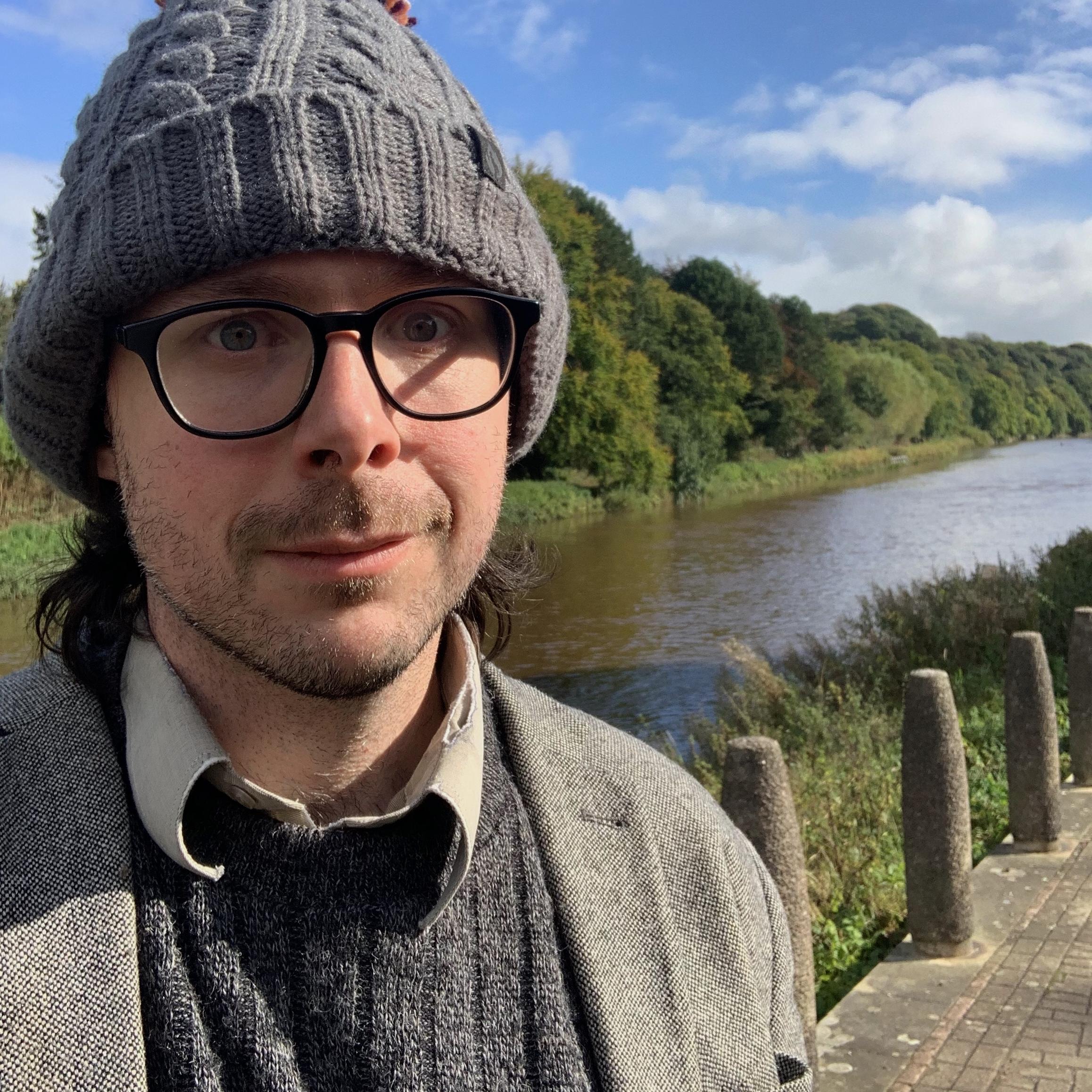Staff profile
Dr Fintan Mallory
Assistant Professor/ Admission/ Widening Participation Officer

| Affiliation | Telephone |
|---|---|
| Assistant Professor/ Admission/ Widening Participation Officer in the Department of Philosophy |
Biography
I am currently an Assistant Professor in Philosophy.
My areas of research include the philosophy of machine learning, the philosophy of language and linguistics, and social philosophy. In the area of machine learning, I am interested in how deep neural networks come to represent the world. What is the relevant notion of representation at play? How do the kind of representations a network can acquire relate to the properties of the network's architecture and hyperparameters? In the philosophy of language and linguistics, I'm interested in how grammars may be cognitively represented. In social philosophy, I am interested in how new technologies are likely to change society, who will they empower and who will they marginalise, and how will they affect the relationship between capital and labour?
Before joining Durham, I was a postdoctoral research fellow at the University of Oslo. I have also held teaching posts at St Catherine's College, Oxford and King's College, London where I received my PhD in 2019. For more information, check out my website at fintanmallory.com
Research interests
- Philosophy of language,
- Philosophy of linguistics,
- Philosophy of machine learning,
- Social philosophy
Publications
Journal Article
- Mallory, F. (2024). Generative Linguistics and the Computational Level. Croatian Journal of Philosophy, 24(71), 195-218. https://doi.org/10.52685/cjp.24.71.5
- Mallory, F. (2023). Fictionalism about Chatbots. Ergo, 10, Article 38. https://doi.org/10.3998/ergo.4668
- Mallory, F. (2023). Why is Generative Grammar Recursive?. Erkenntnis, 88(7), 3097-3111. https://doi.org/10.1007/s10670-021-00492-9
- Mallory, F. (2021). The Case Against Linguistic Palaeontology. Topoi, 40(1), 273-284. https://doi.org/10.1007/s11245-020-09691-5
- Mallory, F. (2020). In Defence of a Reciprocal Turing Test. Minds and Machines, 30(4), 659-680. https://doi.org/10.1007/s11023-020-09552-5
- Mallory, F. (2020). Linguistic types are capacity-individuated action-types. Inquiry, 63(9-10), 1123-1148. https://doi.org/10.1080/0020174x.2020.1772864

